Sugar consumption has been linked to an increased risk of many diseases such as obesity, diabetes, and chronic kidney disease (CKD). When the blood sugar level gets too high, the kidneys start to spill sugar into the urine. The higher the blood sugar, the more your kidneys work.
This condition is called hyperglycemia, which poses a significant health risk when you have CKD. Hyperglycemia is a problem among diabetics as uncontrolled high blood sugar can result in the increased decline of kidney function, cardiovascular disease, vision loss, etc. Diabetes can damage the kidneys’ blood vessels, which can negatively impact kidney function. This results in fluid, sodium and waste material building up in the blood.
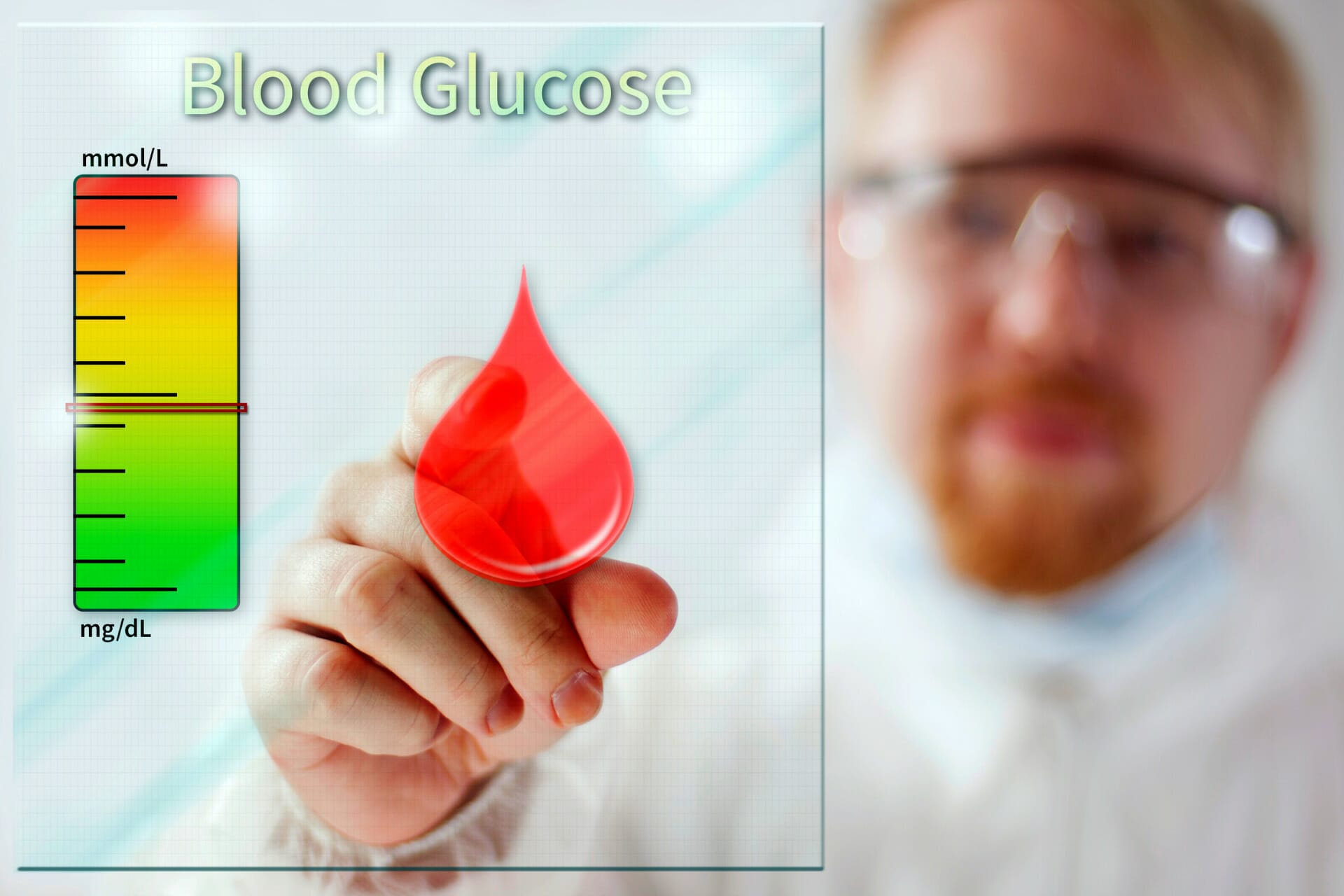
Normal blood sugar level
The amount of sugar in the blood is referred to as blood glucose level. Glucose is the sugar that is present in the blood at all times. Your blood sugar level can be normal, low, or high depending on the amount of glucose in your bloodstream. A normal blood sugar level is less than 100 mg/dL in the morning, for anyone without diabetes or prediabetes.
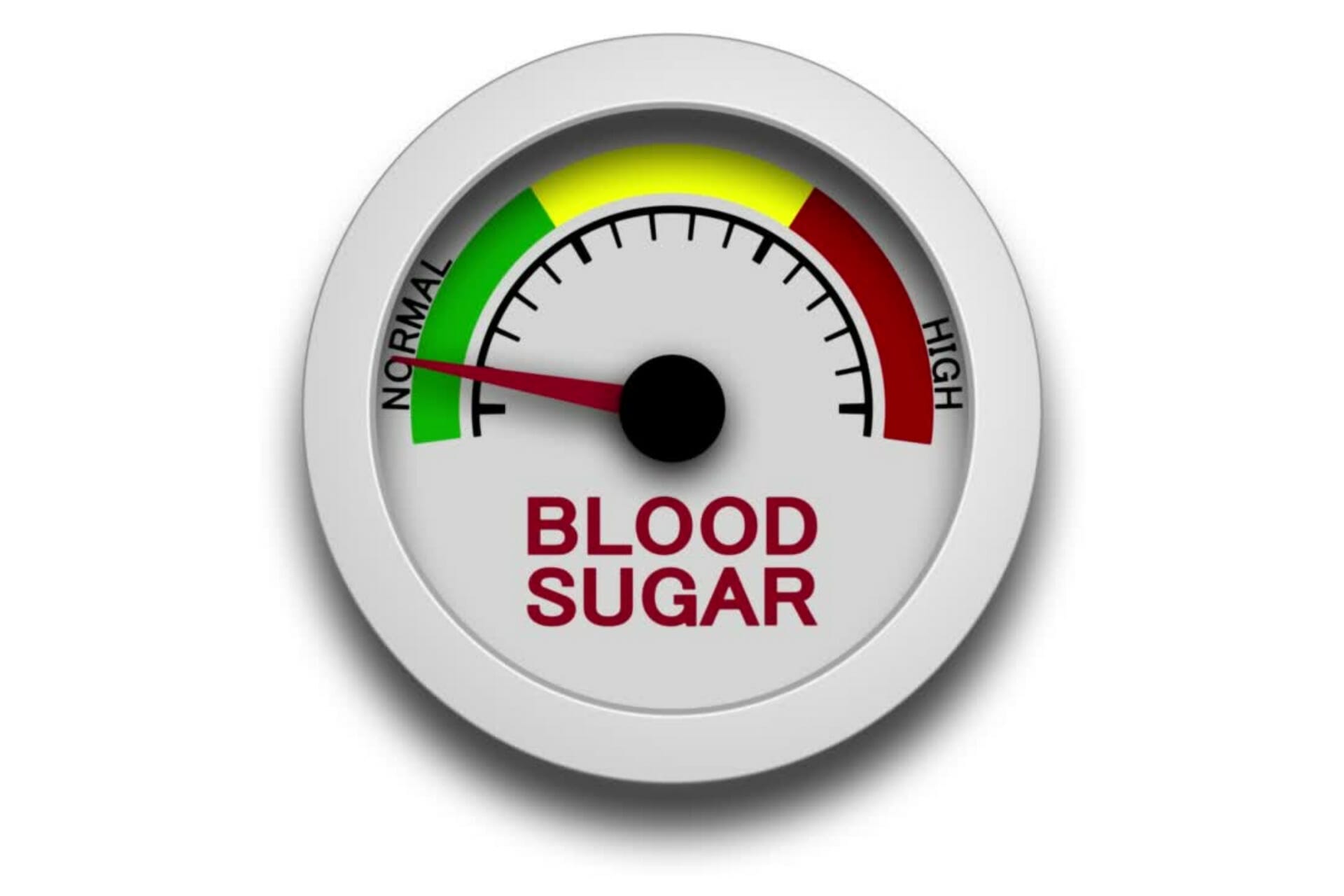
Note that blood sugar levels can fluctuate throughout the day depending on a range of factors. These factors include diet, physical activity, medications, age, stress, alcohol, menstrual periods, etc. Blood sugar levels over 130 mg/dL before a meal or 180 mg/dL within one to two hours after a meal are considered high. Having high blood sugar levels could mean an underlying health condition that may need medical attention.
Blood sugar tests
The glycated hemoglobin (A1C) test measures the percentage of blood sugar attached to hemoglobin. Hemoglobin is a protein in the red blood cells that carries oxygen to the body’s organs and tissues. The higher the blood sugar gets, the more sugar gets attached to the hemoglobin.
An A1C test will give an estimate of the average sugar level in the blood for the past 3 months and gives an overview of how much impact the sugar has in the body, especially the kidneys. A normal A1C test is less than 6% for people who don’t have diabetes. An A1C level of 6.5 percent or higher on two separate tests show that you have diabetes. An A1C level between 5.7 and 6.4 percent indicates prediabetes. Generally speaking, diabetics should aim for A1C below 7 percent.
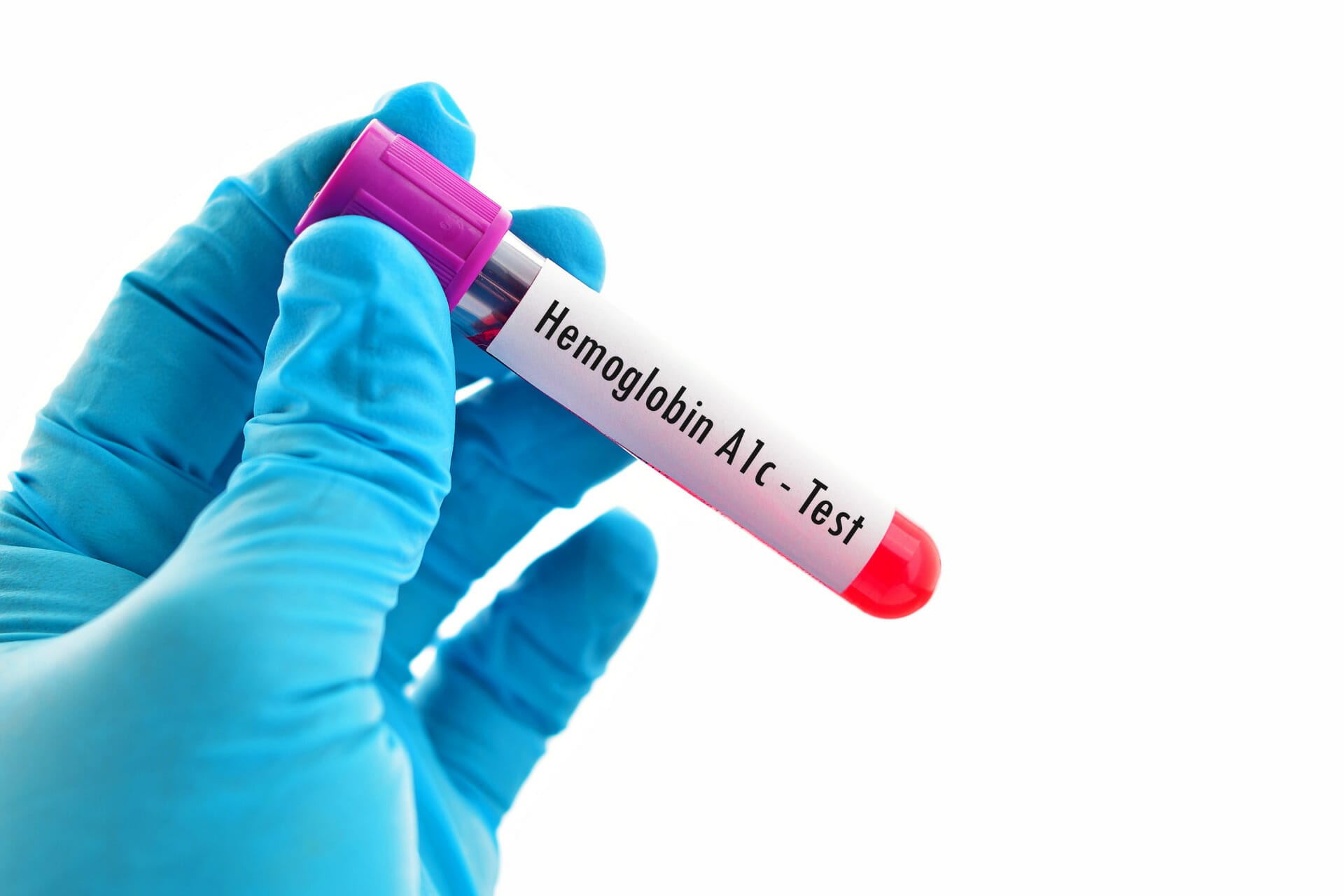
Note: Always check in with your primary healthcare provider to determine your A1C goal. Work with them to use your blood sugar tests as a guide when deciding your food choices, physical activity and medications.
Meanwhile, your doctor may request different blood tests if your A1C test results aren’t consistent, you are pregnant or have an uncommon form of hemoglobin called hemoglobin variant. These tests include:
- Random blood sugar test (RBS) - A blood sample is drawn randomly regardless of the last time you ate. This type of testing is helpful because healthy people don’t have varying glucose levels throughout the day. A blood sugar level of 200 milligrams per deciliter (mg/dL) — 11.1 millimoles per liter (mmol/L) — or higher may indicate diabetes.
- Fasting blood sugar test - A blood sample will be taken after an overnight fast. A fasting blood sugar level of less than 100 mg/dL (5.6 mmol/L) is normal. A fasting blood sugar level from 100 to 125 mg/dL (5.6 to 6.9 mmol/L) is considered prediabetes. If it's 126 mg/dL (7 mmol/L) or higher on two separate tests, you have diabetes.
- Oral glucose tolerance test - This type of test requires overnight fasting. An oral glucose tolerance test is used to measure your response to glucose and screen diabetes 2. A blood sample is taken before you are asked to drink a liquid with a certain amount of glucose. Your blood will be drawn again every 30 to 60 minutes after you drink the liquid. The test may take up to 3 hours. A reading between 140 and 199 mg/dL (7.8 mmol/L and 11.0 mmol/L) indicates prediabetes. Your urine will be tested if you are suspected to have type 1 diabetes.
Managing blood sugar levels
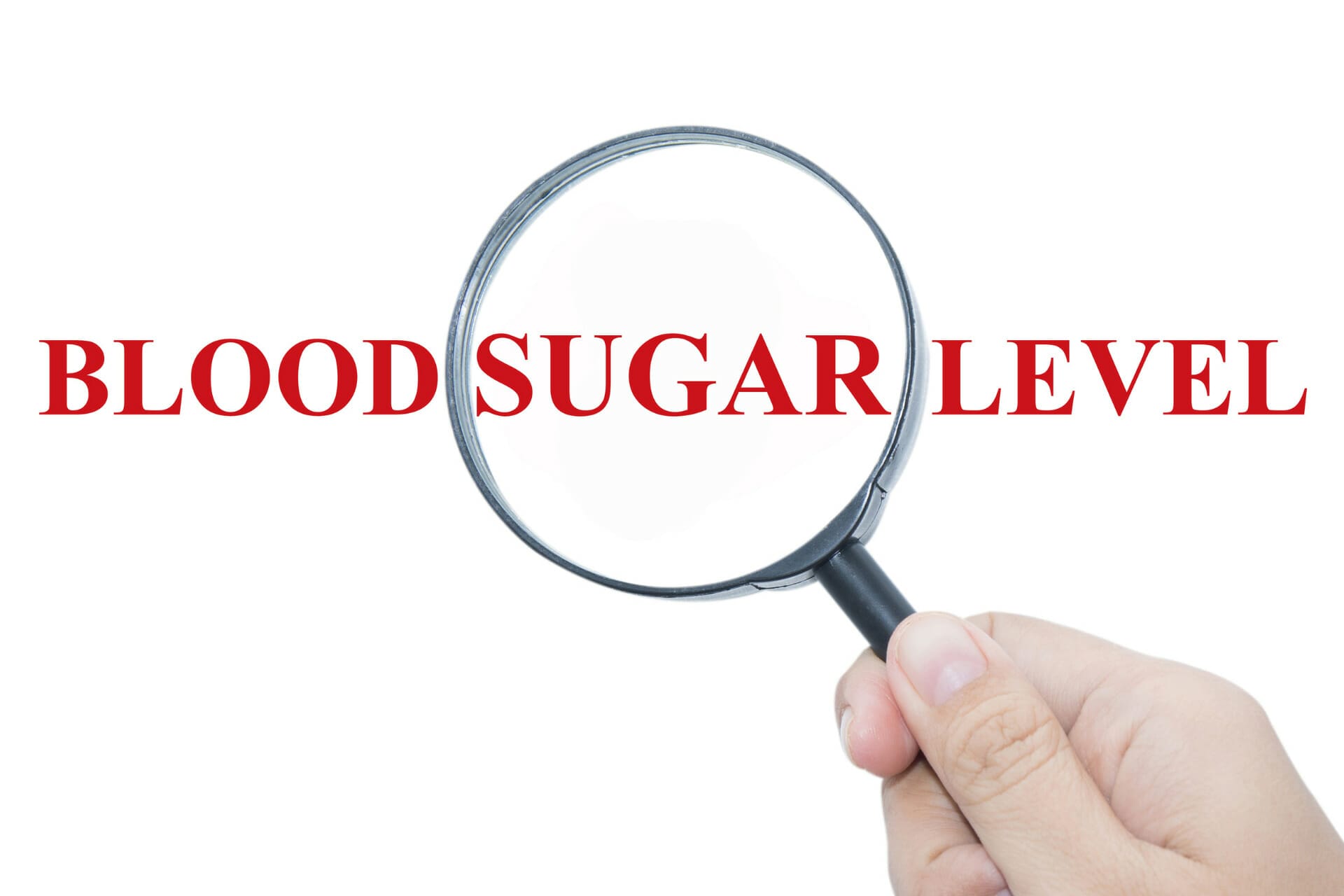
As mentioned, diabetes is one of the leading causes of kidney disease. Managing your blood sugar levels help manage diabetes, thereby reducing your risk of developing CKD. We have a dedicated blog for diabetes and CKD. Click the link here.
Artificial sweeteners for CKD
Also called sugar substitutes, artificial sweeteners provide the sweetness of sugar without calories. Since artificial sweeteners are much sweeter than sugar, foods made with artificial sweeteners may have fewer calories compared to their sugary counterparts. Sugar substitutes don’t spike your blood sugar levels the way regular table sugar does.
Most artificial sweeteners are considered "free foods”, which contain less than 20 calories and approx. 5 grams, or less, of carbohydrates. However, note that the other ingredients in foods that have artificial sweeteners can still impact your blood sugar level.
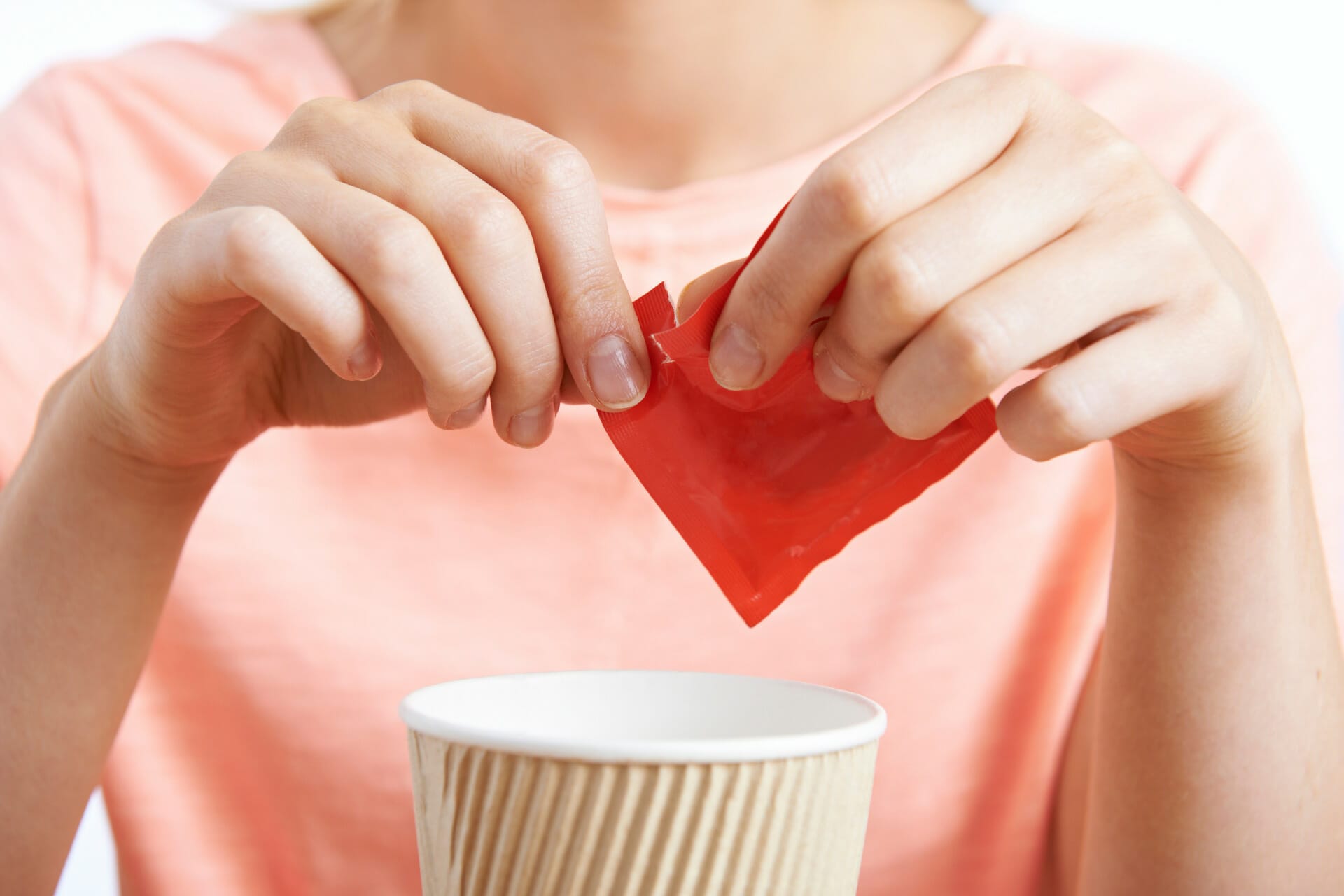
The Food and Drug Administration (FDA) has approved eight types of sugar substitutes that can be used in food, drinks, and medications. Among the famous substitutes are:
1.) Aspartame
This sugar is made from two amino acids, the building blocks of protein. It is an odorless, white powder that is not very stable when cooked. Among its brand names include NutraSweet and Equal. Aspartame is typically used to sweeten sodas and sugar-free chewing gum. A 2017 review showed that aspartame may affect the immune system. It may lead to oxidative stress, inflammation and could affect the kidney cells and other cells of various body organs, including the brain, the heart, and the liver.
2.) Saccharin
It is marketed under the brand names of Sweet'N Low and Sugar Twin. It is one of the first sugar substitutes that become available commercially. In 1981, saccharin was banned due to fear of possible carcinogenesis. However, experimentally, no harmful effects on humans were observed with consumption of 5 g saccharin daily over 5 months.
3.) Sucralose
While sucralose is not sugar, it is derived from sugar molecules that have been selectively modified with atoms of chlorine. It prevents the body from being able to absorb it or obtain energy from it during digestion. Sucralose is often used as a baking substitute in place of sugar in recipes. Splenda is among the brands that have sucralose. It is typically used to sweeten lower-calorie dairy-based products like yogurt and ice cream. This sugar substitute is reportedly good for the kidneys even when on dialysis.
4.) Stevia Rebaudiana (Rebaudioside A or Reb A)
Stevia typically refers to the leaf, which is available as a herbal dietary supplement. This artificial sweetener is typically referred to as “all-natural” based on the fact that it is derived from a plant and has similar processing to sugar. Truvia, PureVia, and SweetLeaf are among the stevia-based products. Meanwhile, stevia leaves or "crude stevia extracts" isn’t FDA approved for food additive usage.
5.) Acesulfamepotassium or Acesulfame K)
When Acesulfame K is combined with other non-sugar substitutes, it is said to mimic the taste of real sugar. It is often mixed with saccharine or sucralose in diet sodas to get a sweet taste without a slightly bitter aftertaste. Acesulfame K can be used in baking and is often used in products requiring a longer shelf life. Among their brand names are Sunett and Sweet One.
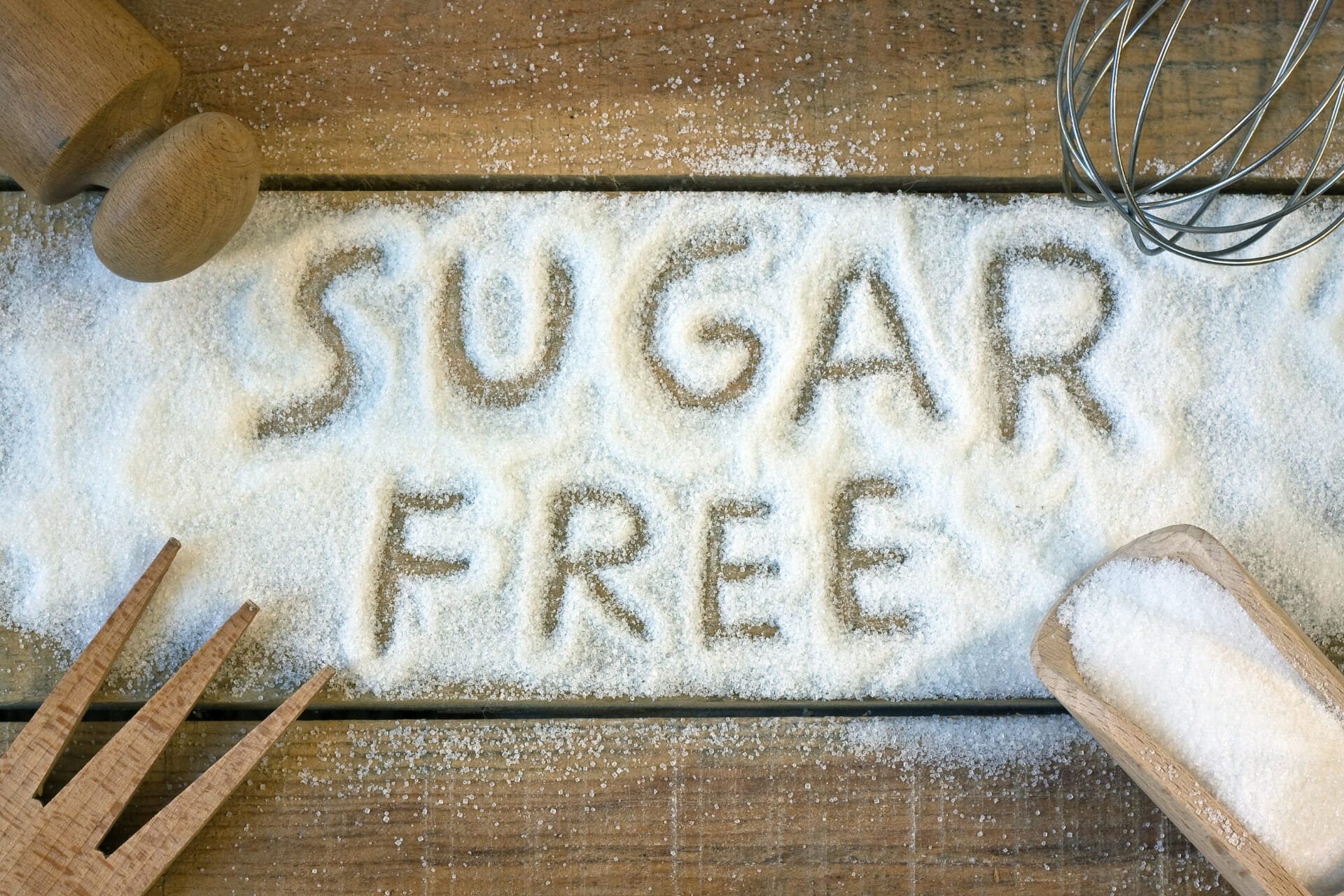
Although “sugar-free” foods usually mean that there is no sucrose or table sugar in a particular food item, and they typically have lower calories than the full-sugar version, sugar-free items may still have carbohydrates and fat. Hence, it’s important to read the nutrition label completely to help you make sound decisions.
Sugar alternatives
Artificial sweeteners have been under hot water for their potential in causing different health issues such as cancer. However, FDA has established an acceptable maximum daily intake that is considered safe to consume. More so, some people are still skeptical about artificial sweeteners as these substitutes may not reduce the risks of developing diseases such as obesity, diabetes, stroke, hypertension, and heart diseases. Artificial sweeteners may not spike blood sugar as regular table sugar does, but they could deceive our taste buds, stimulate the appetite and cause us to overeat.
Consume these healthier alternatives to sugar and artificial sweeteners instead:
1.) Honey
Raw honey has anti-inflammatory and antimicrobial properties that are beneficial for CKD patients, who are prone to infections due to their immunodeficiency background.
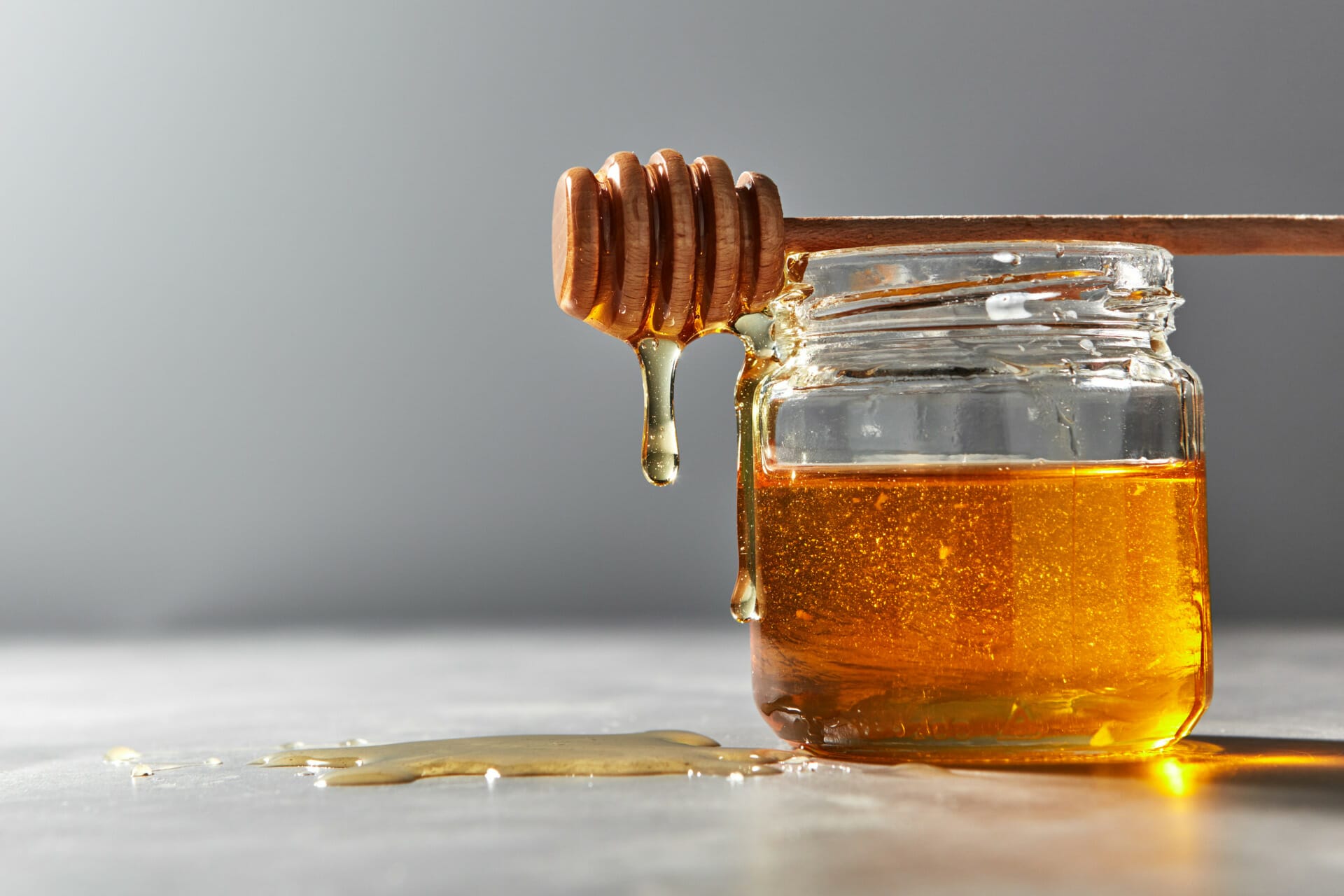
Adequate research is still needed to explore honey’s role in treating and preventing infections in CKD.
2.) Maple syrup
Pure maple syrup does not cause the same insulin spike as some other sugars. It may be because it comes directly from the sap of the maple tree and doesn’t need any chemicals during the manufacture.
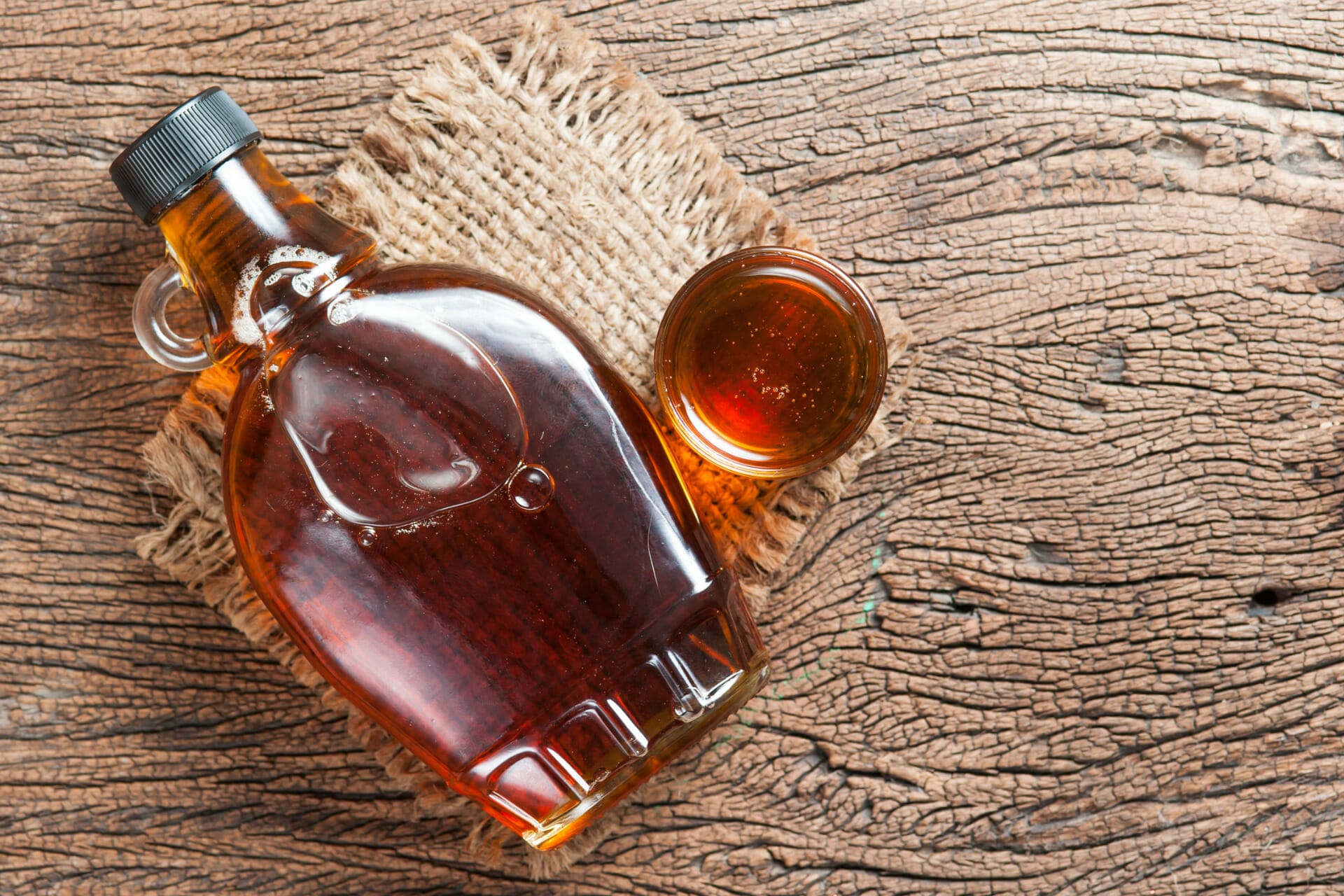
Dr. Keiko Abe, University of Tokyo shared that the maple syrup may have a positive effect on metabolic syndrome [Type II Diabetes] and could play a role in Type II Diabetes prevention. Maple syrup contains zinc that provides immune support.
3.) Coconut Sugar
The Glycemic Index (GI) measures how quickly foods raise blood sugar levels. Coco sugar has a lower GI compared to regular table sugar due to its fiber called inulin.
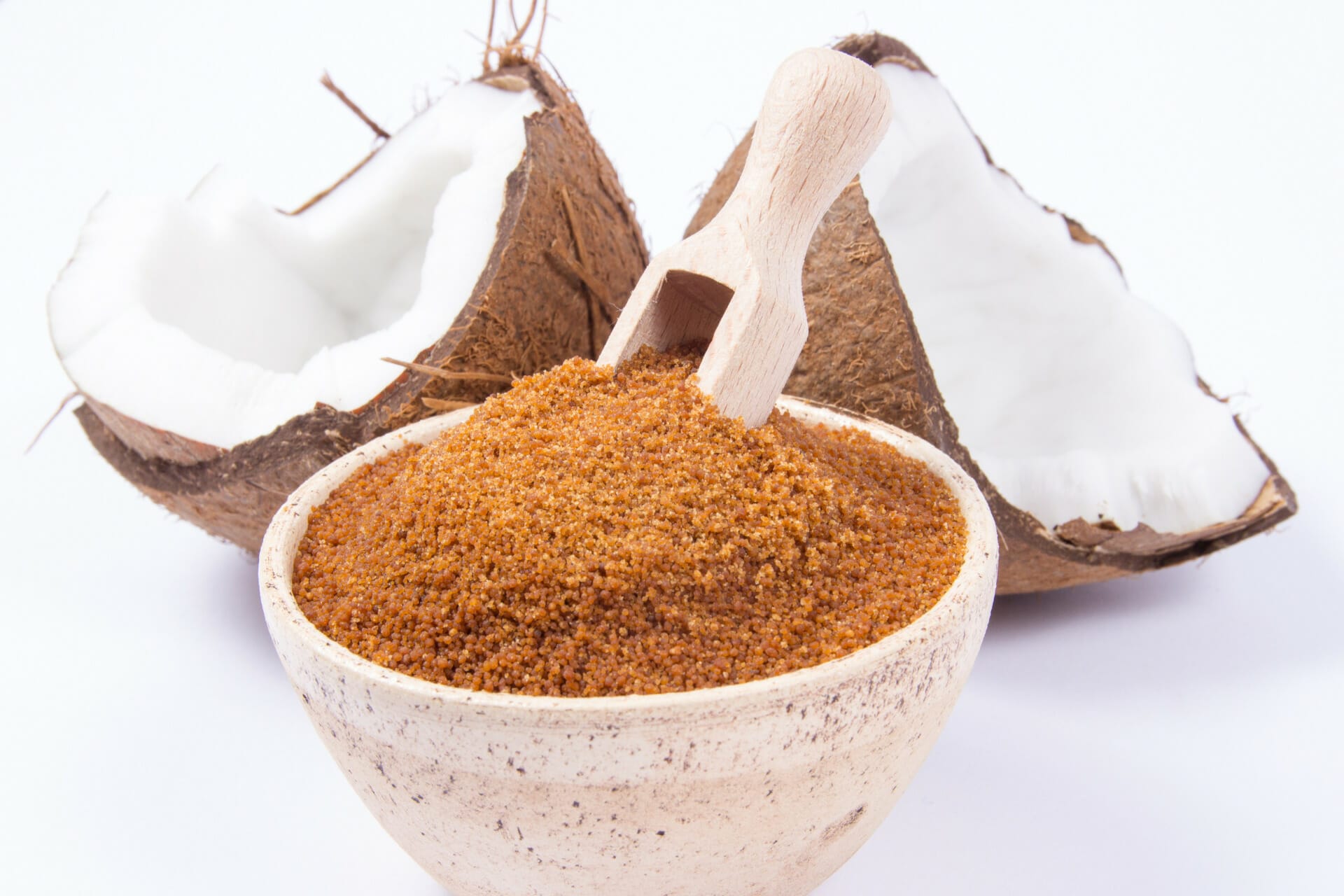
Inulin slows down sugar absorption, leading to better sugar control. It’s still unclear, however, whether this modest difference in GI has any health relevance. Coco sugar is also loaded with minerals such as zinc, calcium, potassium and iron.
4.) Stevia
This sugar alternative is touted as safe and healthy, as it can sweeten foods without the negative health risks associated with common table sugar.
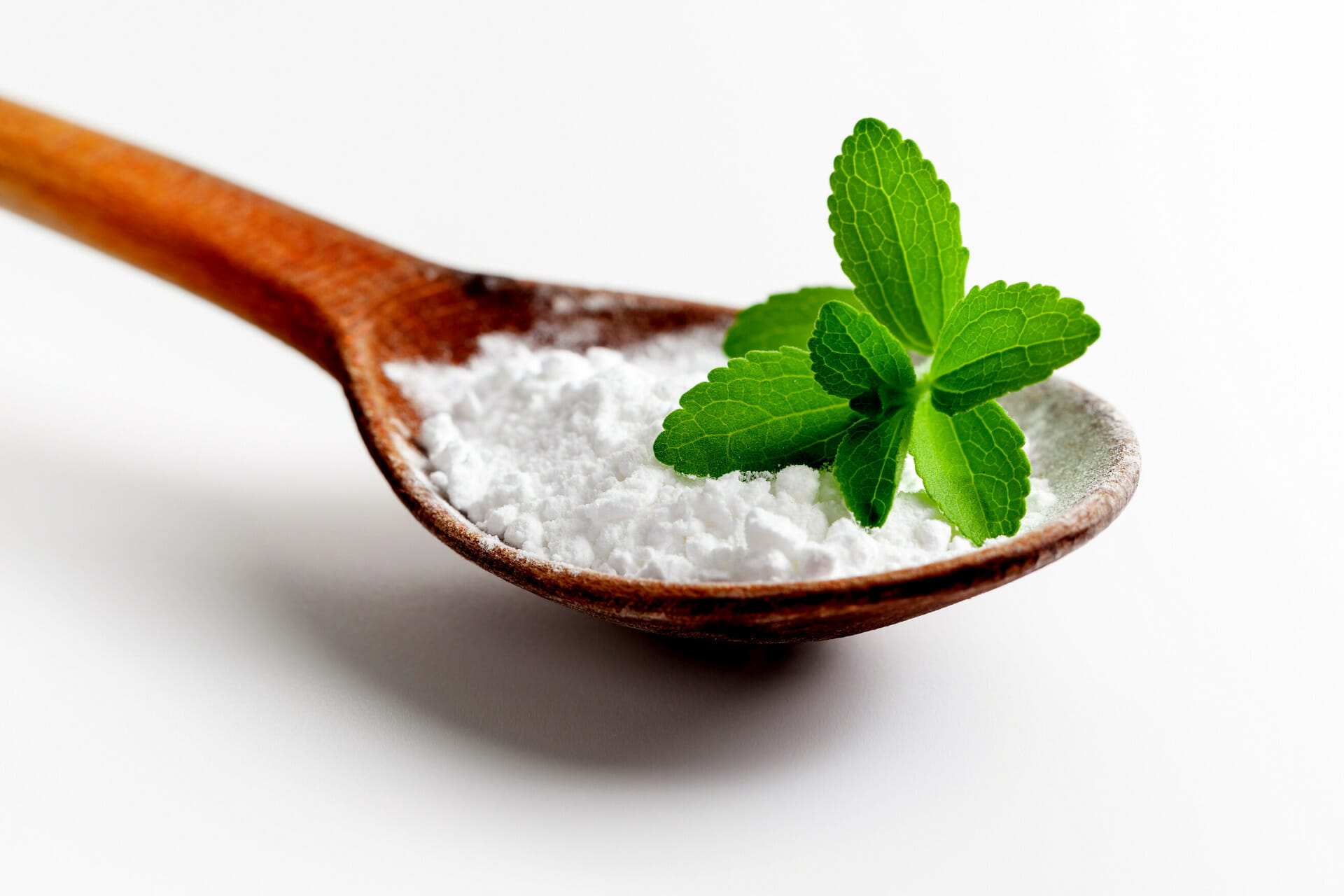
Stevia reduces calorie intake, blood sugar levels, cholesterol levels, and risk of cavities. Nevertheless, commercial stevia products may be highly refined and combined with other sweeteners including erythritol, dextrose, and maltodextrin that may counter its potential health effects.
The Bottomline
Managing blood sugar is important for people with CKD, or those who are also suffering both from Diabetes and CKD, to delay the progression of the disease. Read food labels regardless of whether you are using artificial sweeteners or sugar alternatives, since other food ingredients could also be spiking your blood glucose. Consider limiting sugar altogether– regular sugar or its alternatives– and stick to whole foods that are gentle on your kidneys.
Work with your primary health care provider to know more about your A1C level and how to tailor-fit your renal diet to reach your health goals.
https://www.cdc.gov/diabetes/managing/eat-well/what-to-eat.html
What to know about brittle diabetes -
https://www.medicalnewstoday.com/articles/brittle-diabetes#summary
Artificial sweeteners: Any effect on blood sugar? -
https://www.mayoclinic.org/diseases-conditions/diabetes/expert-answers/artificial-sweeteners/faq-20058038
Managing Blood Sugar For Kidney Health -
https://www.kidney.org/atoz/content/Managing-Blood-Sugar-For-Kidney-Health
https://www.healthline.com/health/type-2-diabetes/diabetes-stevia#health-risks-of-artificial-sweeteners
Are Sugar Substitutes Okay For Your Kidneys? -
https://www.kidney.org/newsletter/are-sugar-substitutes-ok-your-kidneys
Artificial Sweeteners: Options for Chronic Kidney Disease Patients -
https://www.jrnjournal.org/article/S1051-2276(09)00107-1/fulltext
Diabetes and kidney failure -
https://www.betterhealth.vic.gov.au/health/conditionsandtreatments/diabetes-and-kidney-failure
https://pubmed.ncbi.nlm.nih.gov/23439375/
Diabetic Kidney Disease -
https://www.niddk.nih.gov/health-information/diabetes/overview/preventing-problems/diabetic-kidney-disease
What are normal blood glucose levels? -
https://www.singlecare.com/blog/normal-blood-glucose-levels/

